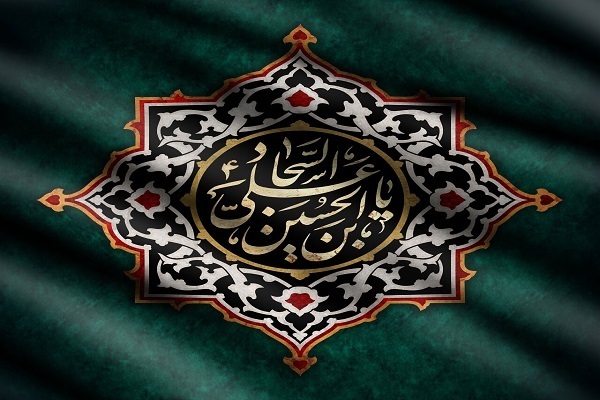Imam Sajjad Preserved Spirit of Karbala Through Prayer and Preaching: Scholar

Speaking to IQNA, Hojat-ol-Islam Yahya Asqari noted that the Imamate of Imam Sajjad (AS) lasted for around 35 years following the martyrdom of his father, Imam Hussein (AS), in the Battle of Karbala in 680 CE.
“With the strategy of preserving the uprising and the message of Ashura, Imam Sajjad (AS) sought to keep alive the mission of Imam Hussein (AS) in the face of the Umayyads’ deceitful propaganda,” Asqari said.
The Umayyad authorities, he explained, attempted to portray Imam Hussein (AS) as a rebel and frame his martyrdom as an inevitable outcome. In response, “Imam Sajjad (AS) delivered powerful sermons in Kufa, Damascus, and Medina to expose the truth and clarify the reality for the people,” Asqari said.
Read More:
According to Shia sources, Imam Sajjad (AS) survived the massacre of Karbala due to illness and was taken captive alongside other members of the Prophet’s household. In the aftermath, he became the central figure in safeguarding the memory of Karbala and restoring the image of Imam Hussein (AS) as a symbol of resistance against tyranny.
“All of this was done to keep the spirit of jihad and martyrdom alive in society,” Asqari added. He said the Imam’s actions were so impactful that Yazid, the Umayyad caliph responsible for the tragedy, eventually had to shift blame for the killings onto his governor Ibn Ziyad and others in order to protect his own image.
Asqari emphasized that Imam Sajjad (AS) also used supplication as a subtle but powerful tool to convey religious, ethical, and even political teachings. “He expressed deep religious truths in the form of prayers that not only touched hearts but also raised awareness,” he said.
One of Imam Sajjad’s most enduring contributions is the Sahifa Sajjadiya, a collection of profound supplications that reflect themes of monotheism, social justice, and human dignity. He also authored the Treatise on Rights (Risalat al-Huquq), a foundational ethical and legal document outlining mutual responsibilities in society.
Read More:
“These works represent intelligent efforts to counter the innovations and distortions that the Umayyad regime introduced into the fabric of Islamic society,” said Asqari.
Imam Sajjad’s legacy, Asqari continued, lies in his ability to chart a path for human beings to achieve spiritual and moral fulfillment. “In all his prayers—rich with theological, social, and political meaning—he guides the faithful to reach true Islam, the pure Islam of Prophet Muhammad (PBUH), through understanding monotheism, guardianship, and ethics, ultimately attaining both worldly and eternal salvation.”
4293021



